As temperatures drop during colder months, having an efficient and reliable heating system becomes essential for maintaining comfort and cosiness inside your home. This being said, with a variety of heating options available on the market, you may need some help choosing the right one for your needs.
To help you navigate these, I have listed everything you need to know to make a fully informed decision. From understanding your heating needs based on your home's size and layout to navigating the different types of heating systems available, I've got you covered.
I also discuss important factors such as energy efficiency, budgeting considerations, and environmental impact to help you find the perfect heating solution for your specific requirements.
My aim is that by the end of this guide, you'll be equipped with the knowledge and confidence to purchase the best heating system to not only keep your home warm, but also to suit your budget and environmental preferences.
Understanding Your Heating Needs
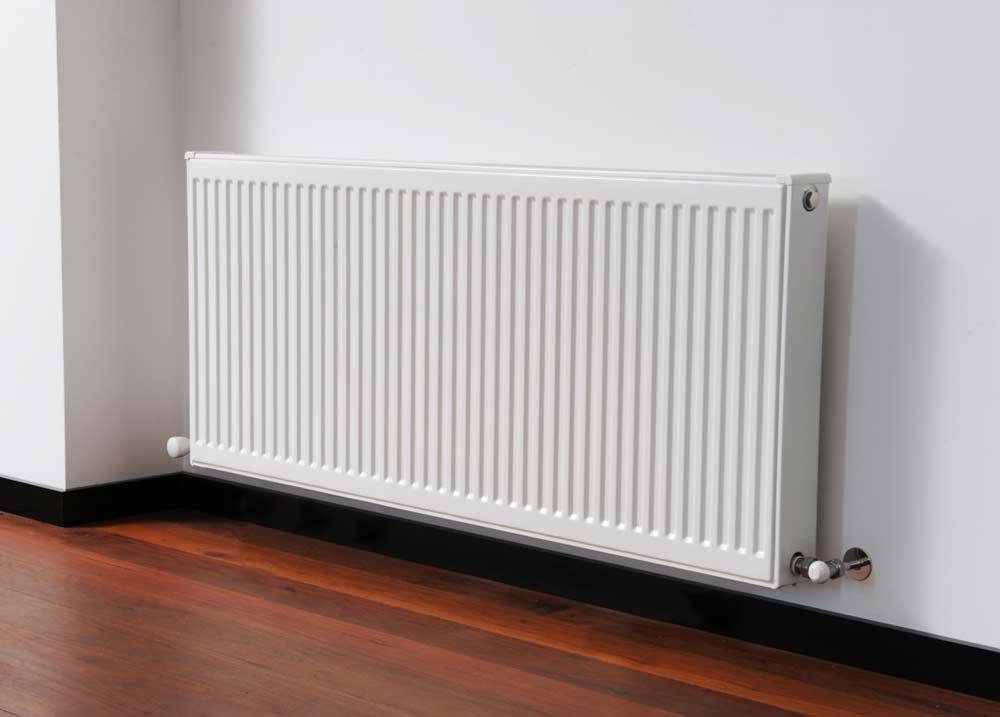
Image credit: hydrothermhydronic.com.au
Before I jump into the types of heating systems available, it's important to initially assess your specific heating needs as heating requirements can vary greatly depending on your location, home size, and layout.
First, consider the climate in your area. Are you in a region that experiences mild winters, or do you face chilly temperatures for a significant portion of the year? Understanding the typical weather patterns will help you determine the level of heating power you'll need to keep your home temperature comfortable.
Next, asses the size and layout of your home. Larger homes with multiple levels or open-plan living areas will likely require a different heating solution compared to smaller, more compact spaces. It's also essential to investigate how well insulated your home is, whether certain rooms may need more heating than others, or whether spending the money on better insulation is more cost effective.
Finally, energy efficiency is another element that needs to be thoroughly considered. While you want your home to be warm and comfortable, you also want to minimise energy consumption to reduce both your carbon footprint and your energy bills.
Types of Heating Systems
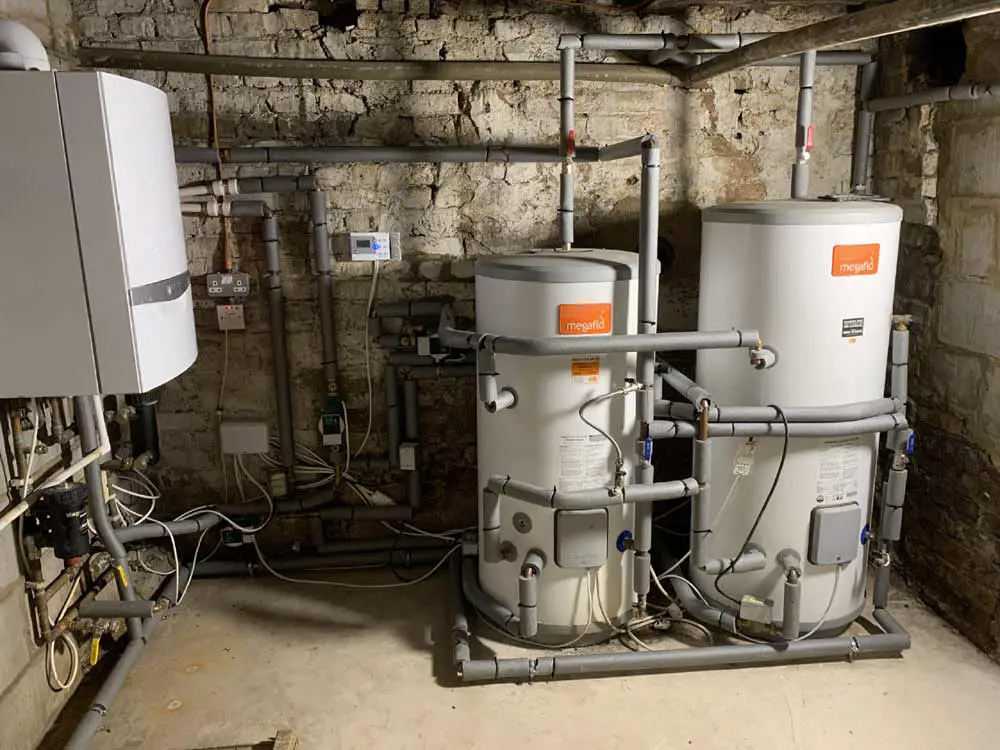
Image credit: londonelitetrades.co.uk
There are a few main options to choose from when it comes to heating your home, each with its own set of advantages and disadvantages.
- Ducted heating: A ducted heating system involves a central heating unit that distributes warm air through ducts to various rooms in your home. Its main benefit is that it provides consistent heating throughout the house and can be controlled via a thermostat. However, installation costs can be higher, especially if ductwork needs installing from scratch.
- Split system air conditioners: Split systems such as these consist of an outdoor unit and one or more indoor units that are mounted on the wall. They offer both heating and cooling capabilities, making them versatile for year-round use. Split systems are relatively easy to install and can be more energy-efficient than ducted heating.
- Gas heating: Gas heating systems use natural gas or liquefied petroleum gas (LPG) to generate heat, which is then distributed throughout the home via vents or radiators. The major benefit is their fast heating capabilities and cost-effectiveness compared to alternative electric systems. However, they do require access to a gas supply, which will be a problem for some homeowners. Regular maintenance is crucial to ensure safety, especially from the risk of carbon monoxide leaks.
- Electric heating: Electric heating systems come in various forms, including portable heaters, radiant heaters, and electric panel heaters. They are by far the easiest to install and typically cheaper upfront compared to other options. A negative, is that they can be more expensive to run, especially if you rely on them for primary heating (not something I would advise).
Factors to Consider Before Buying
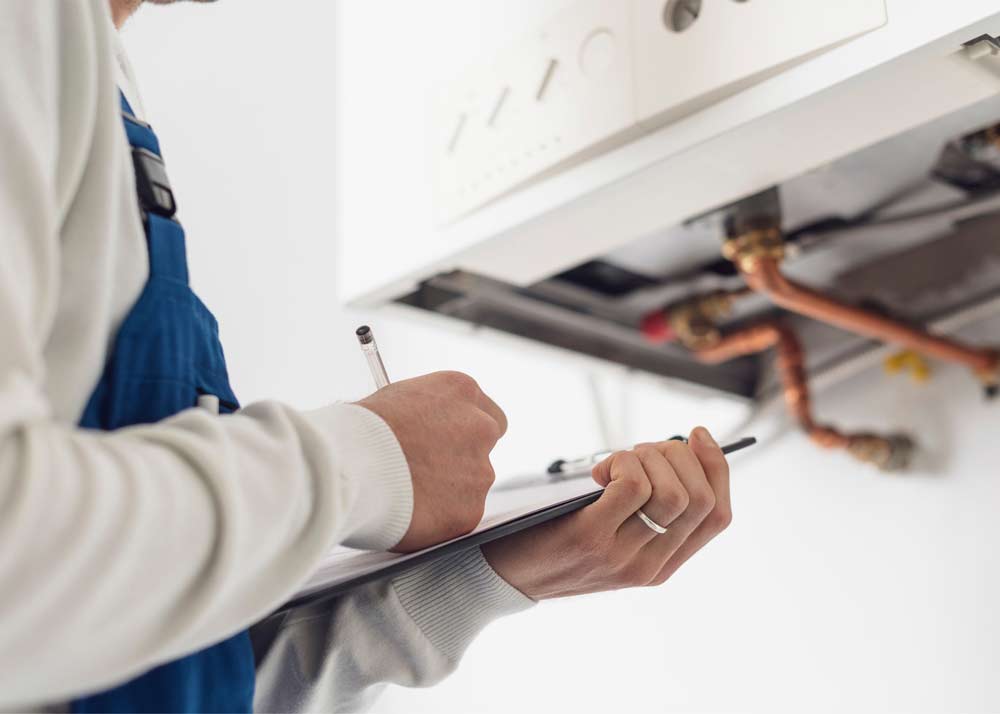
Image credit: cwcsewer.com
Before you make the leap into purchasing a heating system to suit your space and needs, it's essential to consider the following key factors to ensure you make the right choice.
- Energy efficiency ratings: Look for heating systems with high energy efficiency ratings, as this will help reduce your energy bills and minimise your environmental impact. Energy Star ratings can provide valuable insight into a system's overall efficiency.
- Size and capacity: Ensure the heating system you choose is appropriately sized for your home and the space you need to heat. A system that is too small will struggle to adequately heat your space and not be sufficient for your needs, while one that is too large may lead to energy wastage and uneven heating.
- Installation requirements: Research the whole installation process required and figure in any additional labour or materials that may be needed, such as ductwork or venting. Some heating systems are easier to install than others, and professional installation will certainly be necessary for certain types.
- Maintenance and servicing: Factor in the ongoing maintenance and servicing costs that are will be required when budgeting for your heating system. I am a big advocate that regular maintenance is essential to keep your system running efficiently and prolong its lifespan.
- Warranty and after-sales support: Choose a heating system from a reputable manufacturer that offers a comprehensive warranty and reliable after-sales support. This will provide you with peace of mind and assistance in case any issues arise with your system.
Budgeting for Your Heating System
As I mentioned in the previous section, it's essential to consider not only the upfront costs, but also the long-term expenses associated with installation, operation, and maintenance.
- Initial costs: The initial cost of buying and installing a heating system can vary widely depending on the type of system you choose, size of your home, and the company you purchase from. Ducted heating systems and split system air conditioners tend to have higher upfront costs due to more extensive installation requirements, while portable electric heaters are far more affordable but will not provide whole-home heating.
- Operational costs: The ongoing operational costs of running your heating system is a big consideration for long-term affordability. Gas heating systems are often more cost-effective to run than electric systems, but the availability and cost of gas in your area may impact the overall expenses. Additionally, energy-efficient systems with high energy star ratings can help lower your utility bills over time.
- Long-term maintenance expenses: Don't forget to factor in the cost of regular maintenance and servicing to keep your heating system running smoothly. Some systems require more frequent maintenance than others, so be sure to budget accordingly for any necessary repairs or tune-ups.
Assessing Installation Options
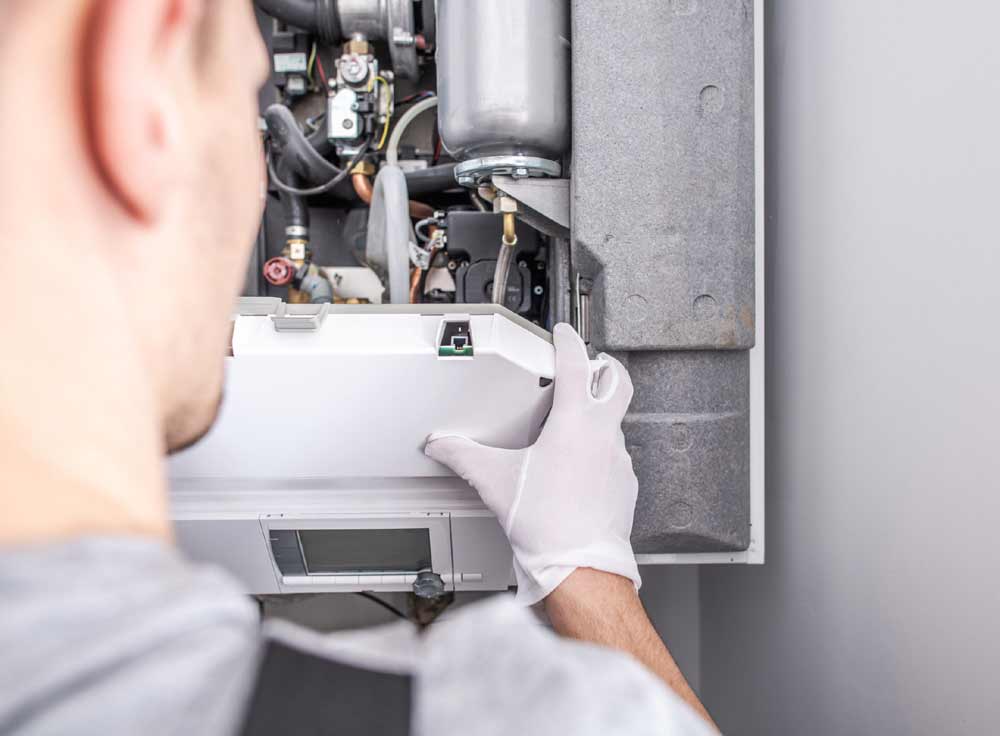
Image credit: championacaustin.com
When it comes to installing a heating system, you'll need to decide whether to tackle the installation yourself or hire a professional. In most cases you don’t have a choice, due to the complexities of fitting and gas safety regulations.
Here are some pointers to help steer you in the right direction:
- DIY vs Professional installation: While some heating systems, like portable electric heaters, are extremely simple for anyone to use, most others require installation by qualified professionals. This includes ducted heating and gas systems. It is illegal to install these systems without the required qualifications and specialised knowledge and skills. Attempting to install a complex system yourself can also lead to costly mistakes and safety hazards, so you should always leave these installations to trained professionals.
- Finding reputable installers: If you decide to hire a professional installer, take the time to research and find reputable companies or technicians in your area. Look for certifications, licences, and positive reviews from previous customers to ensure you're hiring someone who will do the job right.
- Obtaining multiple quotes: Don't hesitate to shop around and obtain quotes from multiple companies before making a final decision. This will not only help you compare prices but also ensure you're getting the best value for your money and that the installer understands your specific needs. Meeting the people that you will be working with beforehand also helps create an important business and customer relationship that will hopefully see you through the whole process without any conflict.
Environmental Considerations
The environmental impact of everything we do is becoming more and more important with time and this is no different for heating systems. Here are my suggestions to minimise carbon emissions and energy consumption.
- Impact on the environment: Heating systems contribute to greenhouse gas emissions, which are a major driver of climate change. Gas heating systems, for example, release carbon dioxide and other pollutants into the atmosphere when burned. Electric heating systems powered by fossil fuel-generated electricity also have environmental consequences. Therefore, choosing an energy-efficient heating system with low emissions is crucial for reducing your carbon footprint.
- Renewable energy options: Consider investing in heating systems that use renewable energy sources such as solar power or heat pumps. Solar heating systems harness energy from the sun to provide warmth, while heat pumps extract heat from the air, ground, or water. These options are not only environmentally friendly but also offer long-term savings on energy bills.
- Government incentives and rebates: Explore available government incentives and rebates for installing energy-efficient heating systems. Many governments offer financial incentives, rebates, or grants to encourage homeowners to upgrade to more sustainable heating options. Taking advantage of these incentives can help offset the initial cost of installation and make eco-friendly heating solutions more affordable.
My Final Thoughts
Choosing the best heating system for your home is a significant decision that requires careful consideration of the various factors that I have explained, including your heating needs, budget, and environmental impact.
Whether you opt for ducted heating, split system air conditioners, gas heating or electric heating, it's essential to prioritise energy efficiency, proper sizing, and professional installation. Additionally, don't forget to factor in long-term maintenance and consider environmental implications when making your decision.


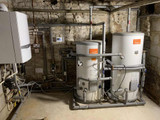
 Author: Matthew Chiappini
Author: Matthew Chiappini